Being infertile can be hard on your emotions and make things hard to understand. For many couples and people, the path to becoming a parent does not go as planned. It’s natural to wonder how long we should keep trying before we go to the doctor. What signs show that you should see a specialist? Which doctor should we see first?
These are important questions because infertility is more common than most people think. The Centers for Disease Control and Prevention (CDC) says that about 1 in 5 married women in the US between the ages of 15 and 49 have trouble getting pregnant. The World Health Organization (WHO) says that 1 in 6 people of reproductive age around the world will be infertile at some point in their lives.
This guide talks about when to see a fertility doctor, what infertility means, what factors affect the decision, and what you can expect from fertility tests and treatments. The information is meant to be useful for a long time, and it is based on facts and long-lasting medical rules.
The Basics of Understanding Infertility
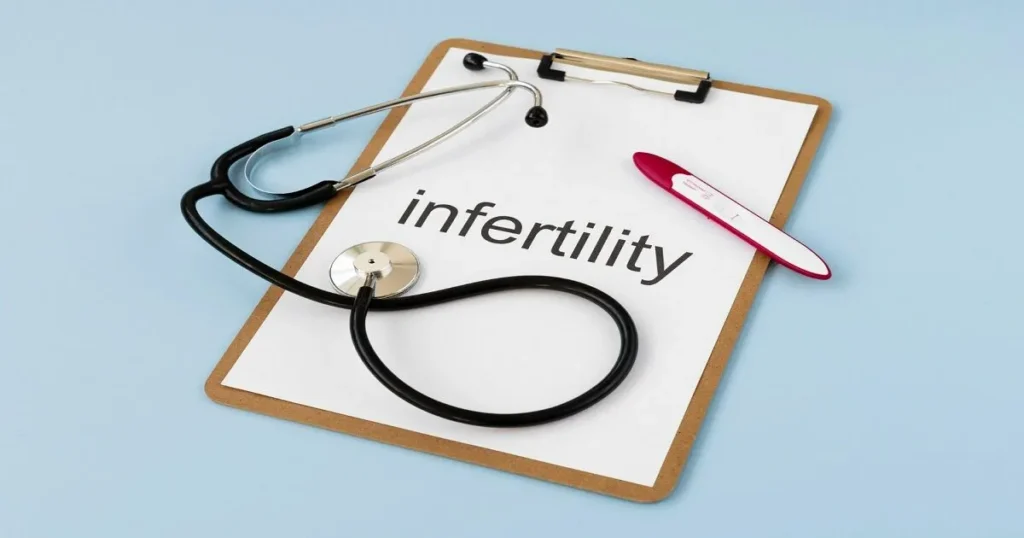
It’s important to know what infertility means in medical terms before you know when to ask for help.
- Infertility means that a woman can’t get pregnant after having sex without protection for 12 months.
- Infertility is often defined as the inability to conceive after 6 months of trying for women over 35.
Infertility can happen to men and women. About 40% of infertility cases are caused by problems with women, 40% by problems with men, and 20% by a mix of known and unknown causes.
Common Reasons Why Women Can’t Get Pregnant
- Problems with ovulation, like polycystic ovary syndrome or thyroid problems
- Blocked fallopian tubes, which are often caused by pelvic inflammatory disease or endometriosis
- Decreased egg quality with age
- Problems with the uterus, like fibroids, polyps, or structural issues
Common Reasons Why Men Can’t Have Kids
- Low sperm count or sperm that doesn’t move well
- Hormonal imbalances
- Genetic factors
- Lifestyle factors (smoking, drinking too much alcohol, being overweight, and being very stressed)
Being infertile doesn’t mean you can’t have kids. Many things can be found and fixed, especially if help is asked for at the right time.
Important Things to Know About When to See a Fertility Doctor
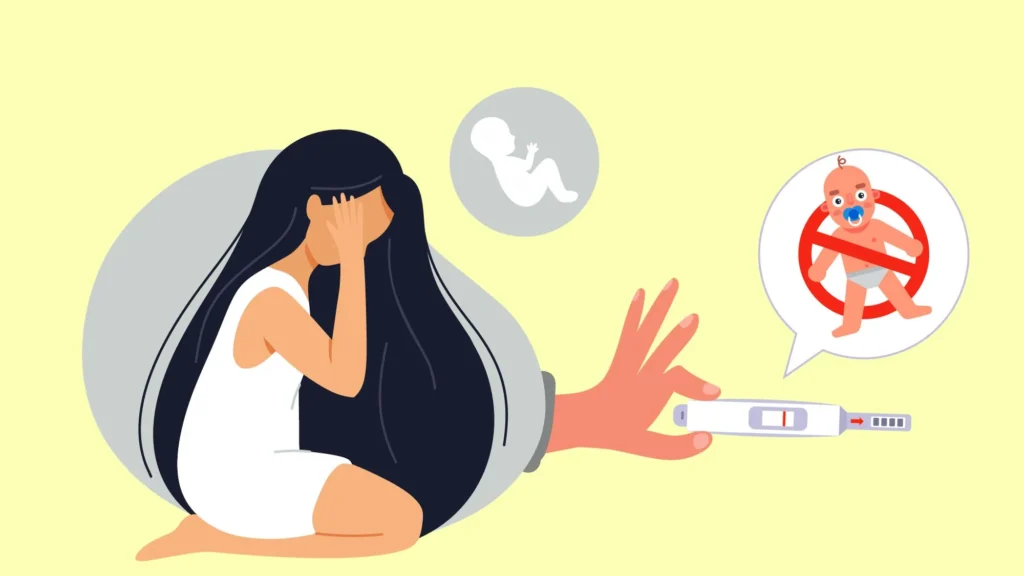
The best way to answer the question of when to see a fertility doctor is to think about your age, medical history, and specific symptoms.
1. General Guidelines for Timelines
- If you’re under 35 and have been trying to get pregnant for 12 months without success, see a doctor.
- Ages 35 to 39: Get help after six months of trying.
- If you want to get pregnant and are 40 or older, you should see a doctor right away.
These timelines show how fertility naturally decreases with age, especially for women, whose ovarian reserve and egg quality get worse over time.
2. When You Need to See a Doctor Right Away
If you have any of the following symptoms, you should see a fertility specialist right away, no matter how old you are:
- Menstrual cycles that are irregular or missing (which could mean problems with ovulation)
- History of pelvic infections or sexually transmitted infections (STIs)
- Endometriosis, polycystic ovary syndrome, and fibroids are all known reproductive health problems.
- History of cancer treatments, such as chemotherapy, radiation, and surgery on the pelvis
- Repeated miscarriages (two or more losses in a row)
- Genetic disorders run in the family.
- Factors contributing to male infertility include low sperm count, erectile dysfunction, and previous testicular injury.
3. Things to Think About Emotionally and Mentally
Sometimes the emotional toll of trying to get pregnant without success is enough to make you want to get help sooner. Not being able to have children can make you stressed, anxious, and depressed. Seeing a doctor gives you not only medical advice but also peace of mind and a clear plan.
What Kind of Doctor Should You See First?

Your age, health, and goals for having children will determine the answer.
- Gynecologist or primary care doctor: Often the first person you see. They can do initial tests, look at menstrual cycles, and order basic fertility labs.
- Reproductive endocrinologist (fertility doctor): A doctor who specializes in diagnosing and treating infertility in both men and women. This is the doctor to see if you meet the requirements for an early consultation.
- Urologist (male fertility specialist): If you think there might be something wrong with a man’s fertility.
Knowing when to see a fertility doctor instead of waiting forever helps make sure that treatments happen on time, especially for fertility problems that are sensitive to age.
What to Expect During the Fertility Evaluation
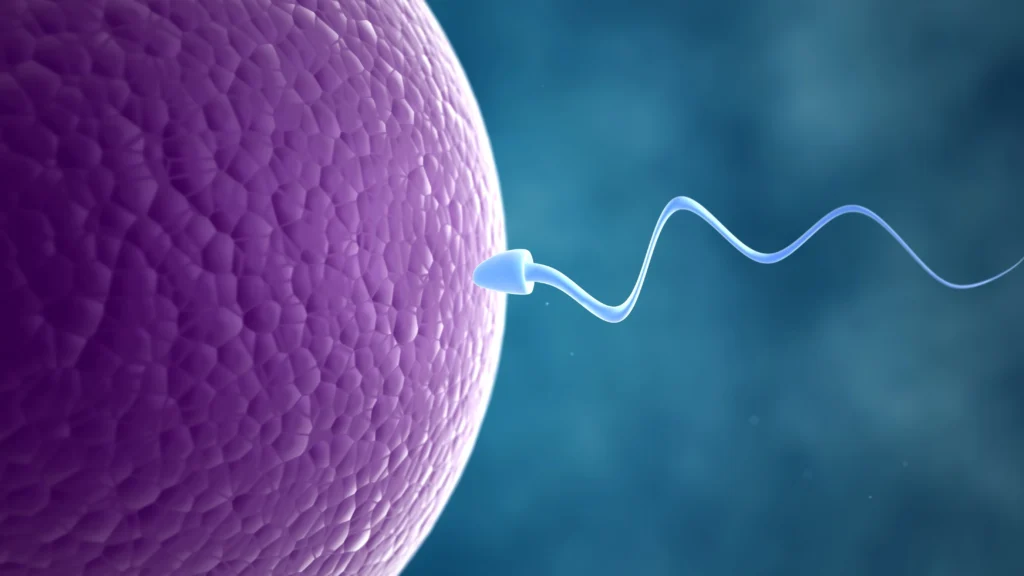
Knowing how the evaluation process works can help you feel less anxious if you decide to see a fertility doctor.
First Meeting
- A full medical history, including menstrual cycles, past pregnancies, surgeries, infections, and lifestyle
- Examine the health history of the partner (if applicable)
- Talk about how long you’ve been trying and any symptoms
Tests That Are Often Used to Diagnose Women
- Blood tests (hormone levels like AMH, FSH, and thyroid hormones)
- Ultrasound (to check the number of follicles, ovaries, and uterus)
- Hysterosalpingogram (HSG) (X-ray test to see if the fallopian tubes are blocked)
- Sonohysterogram (to find problems with the uterus)
Tests That Men Often Use to Find Out What’s Wrong
- Semen analysis (checks the number, movement, and shape of sperm)
- Testing for hormones
- If needed, genetic testing
These evaluations aim to ascertain underlying causes and formulate a tailored treatment plan.
Options for Treating Infertility

The diagnosis determines the treatment. A fertility doctor will suggest methods that are best for you.
Suggestions for a Healthy Lifestyle
- Stay at a healthy weight
- Stop smoking and drink less alcohol
- Use mindfulness or counseling to deal with stress
- Do moderate exercise (stay away from extremes)
- Improve your nutrition (folic acid, a balanced diet)
Medical Care
- Using drugs like clomiphene citrate or letrozole to start ovulation
- Hormone therapy for thyroid or prolactin levels that are out of balance
- Surgery to fix fibroids, endometriosis, or tubes that are blocked
Technologies for Assisted Reproduction (ART)
- Intrauterine insemination (IUI): Sperm is put directly into the uterus.
- In vitro fertilization (IVF): Eggs are taken out, fertilized in a lab, and then put back into the uterus.
- Intracytoplasmic sperm injection (ICSI): A single sperm is put into an egg. This is often used to help men who can’t get pregnant.
- Egg or sperm donation: If you have severe infertility.
- Gestational surrogacy: An option when a woman can’t carry a pregnancy.
Age’s Effect on Decisions About Fertility
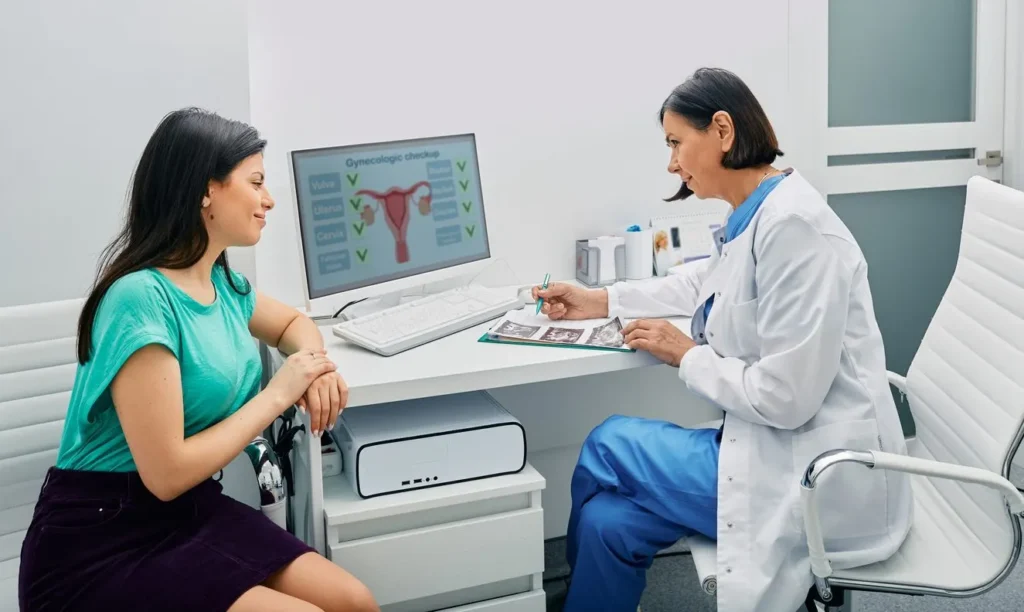
Age is one of the most important things to think about when deciding when to see a fertility doctor.
- In your 20s: Fertility is at its highest. Most couples get pregnant within a year. Only ask for help after a year of trying, unless there are risk factors.
- In your 30s: Fertility slowly goes down, especially after age 35. It is best to see a doctor after six months.
- In your 40s: The chances of getting pregnant naturally go down a lot. If you want to get pregnant, see a fertility doctor right away.
For men, sperm production continues into later life, but the quality of the sperm also gets worse with age, which affects fertility outcomes.
Myths and Misunderstandings About Infertility
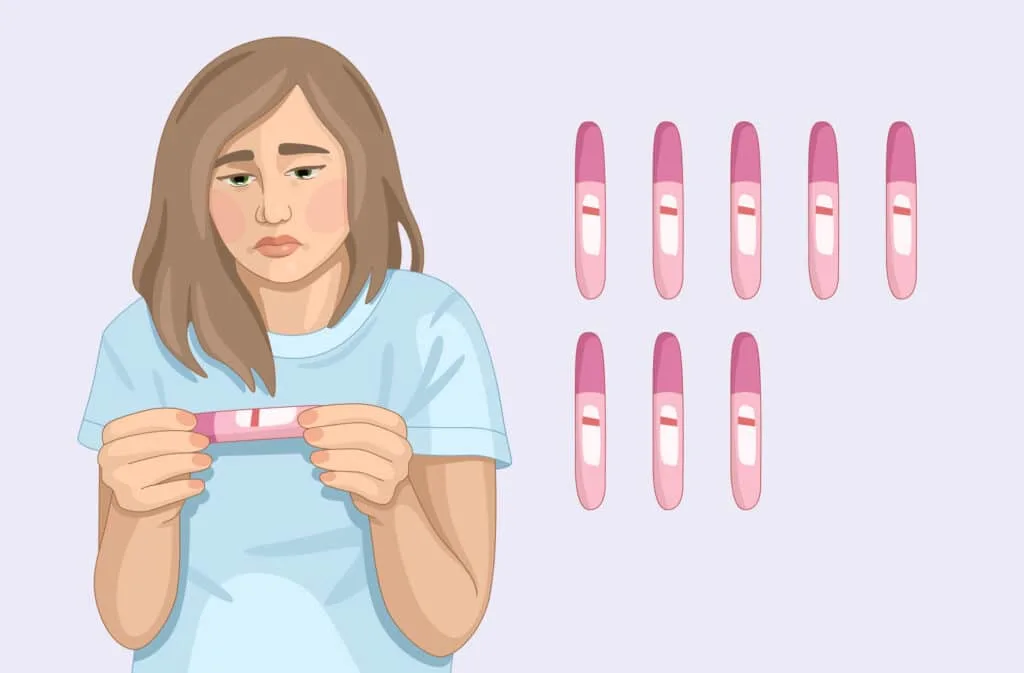
- “Infertility is solely a female issue.”
Not true. Men are responsible for about half of the cases. - “You’ll get pregnant if you try harder or relax.”
Managing stress is good for your health in general, but if you’re having trouble getting pregnant, you may need to see a doctor. - “IVF is the only answer.”
That’s not true. Many couples get pregnant with treatments that are less invasive. - “Being healthy doesn’t depend on your age.”
Your biological age has a big effect on the quality of your eggs and your ability to get pregnant, no matter how healthy you are overall.
Dealing with the Emotional Side of Not Being Able to Have Kids

When you seek fertility care, you’re not just getting medical help; you’re also getting emotional support. Some strategies are:
- Joining support groups, either online or in person
- Working with a therapist who specializes in reproductive health
- Talk to your partner openly
- Things you do to take care of yourself, like journaling, yoga, and hobbies
It’s just as important to recognize the emotional journey as it is to look for medical solutions.
Getting Ready to See a Fertility Doctor
- Keep track of your periods and when you ovulate
- Keep track of how long you’ve been trying
- Get test results and medical records from the past
- Write down the medications and supplements you are currently taking
- Get ready to ask questions about treatment options, costs, and how well they work
Being organized makes your consultation work better.
Things to Think About Financially and Practically

Fertility treatments can be expensive, and insurance coverage is not always the same. Before starting treatment:
- Check your health insurance policy to see if it covers fertility treatments
- Look into ways to pay for research or fertility grants
- Think about the time and emotional cost of treatments like IVF
When It Might Be Okay to Wait
In some cases, it’s okay to wait a little longer before seeing a fertility doctor. For instance:
- Couples under 35 who don’t have any known risk factors can keep trying for up to 12 months.
- Women who have regular periods and no worrying symptoms may not need immediate help.
But you should always weigh the pros and cons of waiting against your age, medical history, and emotional state.
Conclusion: When to See a Doctor for Fertility
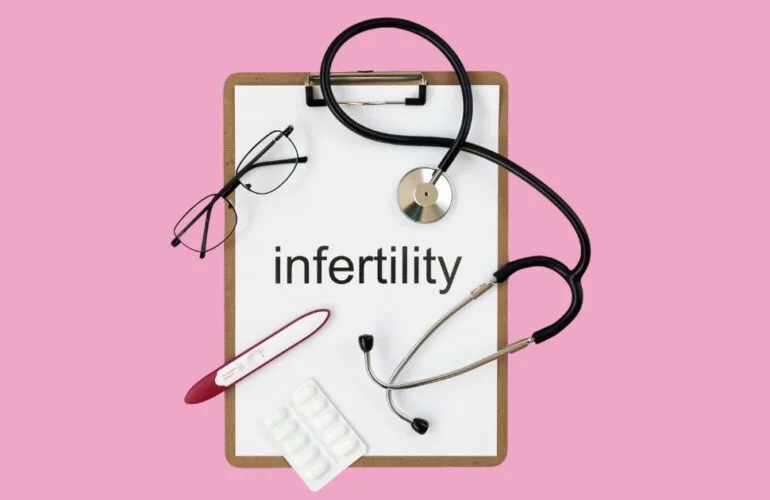
When to see a fertility doctor is a very personal choice, but medical guidelines give a clear picture of when to do it:
- If you’re under 35, you should try for a year
- 35 and older: after 6 months
- 40 and older: get help right away
- At any age: get help sooner if you know of any risk factors or worrying symptoms
Infertility can be very hard to deal with, but seeing a fertility specialist early on can help you find solutions and get pregnant. There are many ways to become a parent, including changing your lifestyle, getting medical help, or using advanced reproductive technologies.
You can confidently take meaningful steps toward your fertility goals if you stay informed, take action, and get emotional support.
Read Also:











